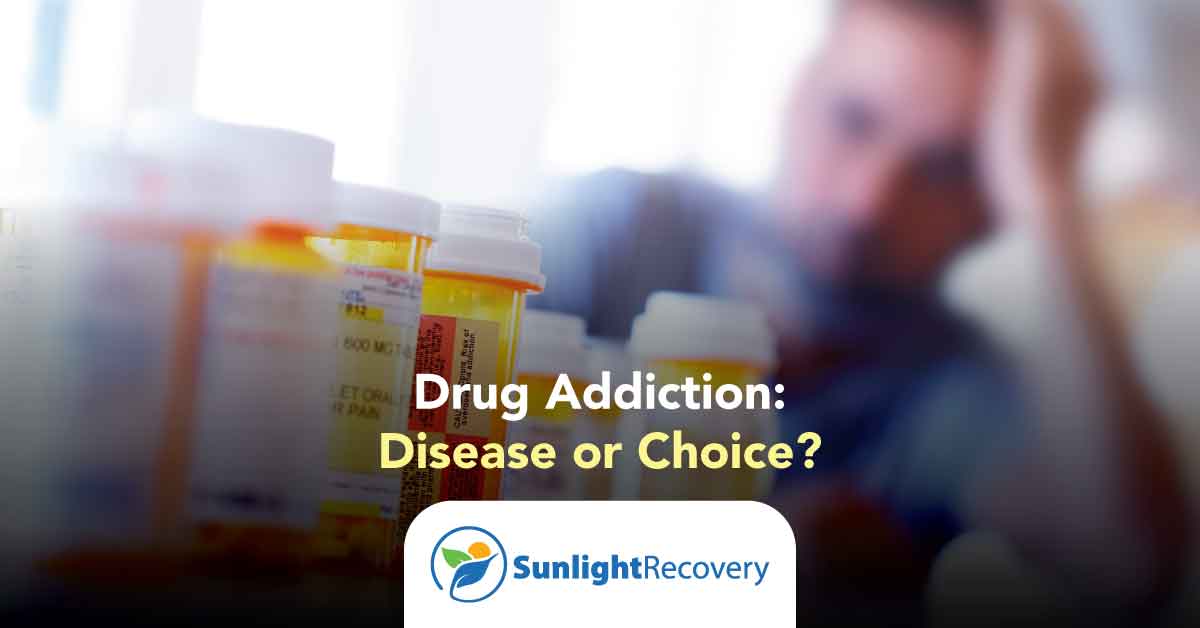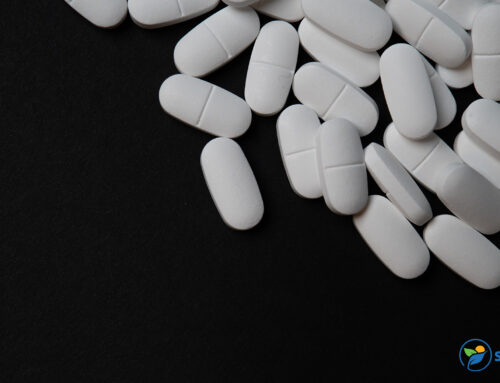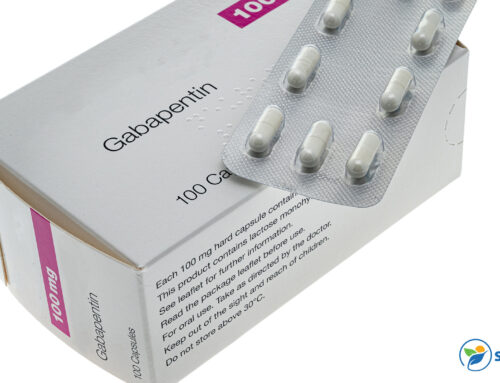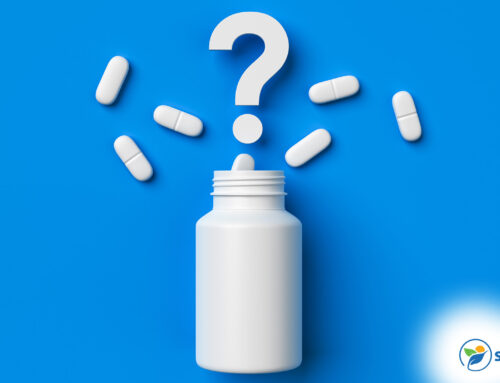The disease model and the choice model are two competing ways of describing addiction. Take a look at the ways in which the disease model can aid recovery.
If you or a loved one has been struggling with a drug addiction, you may not know that drug addiction is at the center of a prominent debate. This debate is between the disease model and the choice model of drug addiction — essentially, the question of whether addiction is a disease or a choice.
Drug Addiction: Disease or Choice?
If you have been struggling with a drug addiction, or have a loved one who has, you may not know there is currently a large debate going around about drug addiction. Maybe you have heard about it, there have been lively conversations over social media, texting, or even in the larger media. This debate is surrounding whether drug addiction is a disease or a choice. This is the topic we will be exploring today. Whether addiction is a disease or a choice. This is a very costly question, it affects the impact of the story we tell. If drug addiction is a disease, how does that affect motivating us, or our loved ones, to get help? The same is vice versa. I think we will see that the answer is not a simple, black and white one or the other. Unfortunately, when you look online for an answer to this question on google or on social media, you will find many people with strong opinions one way or the other. Whether they have personal experience or have witnessed the experience of loved ones, they may have a strong opinion.
A Choice?
Some on this side would say that drug addiction is a choice. This has been the prevailing view only until recently. It has been called into question, and individuals on this side say there is a great risk for saying drug addiction is a disease, rather than a choice. Those on this side of the argument would say that there is a difference between a behavior that causes a disease, and the disease itself. Smoking cigarettes is not a disease, but lung cancer is caused by this behavior. In the same way, binge-eating is a way of life that can lead to plenty of diseases, however it itself is not a disease. Their argument is that we cannot make the action that causes the disease the same as a disease itself. Along with this, some would go on to argue that “addicts” monitor their drug addiction. Alcoholics, even in their most extreme condition, do not use all the alcohol they have. They moderate it, until they wake up the following day and want to do it again. This moderation, indicates that they have the willpower to not use all of the drug addiction substances that one has. A certain psychologist calls this the reality of downward causation. For example, a man’s son dies, and he is extremely grieved. One can say that he is in deep grief. Then, of course his body structure would change, however, we would not say that his grieving is what changed the structure of his body, rather, it was the loss of his son. It may be a choice to use the first time, but once you are addicted it becomes nearly impossible to make the choice to stop on your own. This is where some would argue it’s a disease.
A Disease?
Those on the side of disease want to say that this is not true, not every time is a drug addiction chosen. For example, high-schoolers are regularly prescribed painkillers for injuries in relation to sports and such. After a bit, they notice the drug has no effects, and are too scared to tell their family. They begin to get more than prescribed, until they are caught. Cut off by their family and doctor, they have no choice but to fight off the withdrawal symptoms by resorting to street drugs like heroin. This is just one example, and the opiate epidemic is mostly found in young people with prescription drugs. Not only this, but a drug addiction changes the structure of your brain, in the same way that food, water, and sex produce good feeling chemicals in the brain, drugs produce these chemicals in an extremely larger way. After a while, the memory, motivation, and reward centers of the brain are changed, and individuals need these drugs to feel normal. It functions, almost similarly, to brain control. It is worth it to say that most medical associations are now siding with addiction as a disease. It fits the most basic definition of a disease, a behavioral condition that can be spread/affected by the environment. Along with this, it seems as though a large amount of addictions are chronic. Chronic diseases are diseases that can be controlled but not cured. Drug addiction is a lifelong disease that is always at risk of being triggered or relapsed. The individuals on the disease model would argue that willpower is not enough. While the early decisions sometimes reflect choices, after the brain is changed the lines become blurred, since addicts are not really in control of their actions.
The Answer and Why It Matters
As you can see, the issue of drug addiction is not black and white. While addiction very much is a disease, often times there are plentiful amounts of decisions that go into making that disease a reality. However, it is also very clear that drug addiction matches the most basic definition of a disease, is supported by a large amount of the medical community, and functions as a disease would. Therefore, it is fair to say that drug addiction could be a choice induced disease. However, does all of this really matter? At the end of the day, drug addiction is still affecting plenty of people. Does how we define it really change anything? The answer is yes. Calling drug addiction a disease, and understanding it (at the very least) as not a black and white moral decision, can help people recover better. With drug addiction, the goal is always recovery. Thus, drug addiction thrives off negative feelings, guilt, shame, and isolation. If we treat is only as a moral choice, then it causes all of those negative feelings. In fact, in terms of discipline, kicking people out, or shutting them out, can cause isolation. While educating the next generation that this problem is a disease (that may have been caused by choices), it gives a different approach. Cancer patients go to the hospital. If you have a disease, you get treated, it is that simple.
Contact Us
We want to help you get treated. If you or a loved one are struggling with a drug addiction, please reach out to us. We have plenty of locations for you to get plugged in at, and for us to help you go on this journey of recovery. We have a contact number, (855) 463-9567, as well as a contact page. This is for any questions you might have. We understand there are plenty of questions and myths surrounding rehab. Let us at Sunlight Recovery help you. Get help today.







Leave A Comment